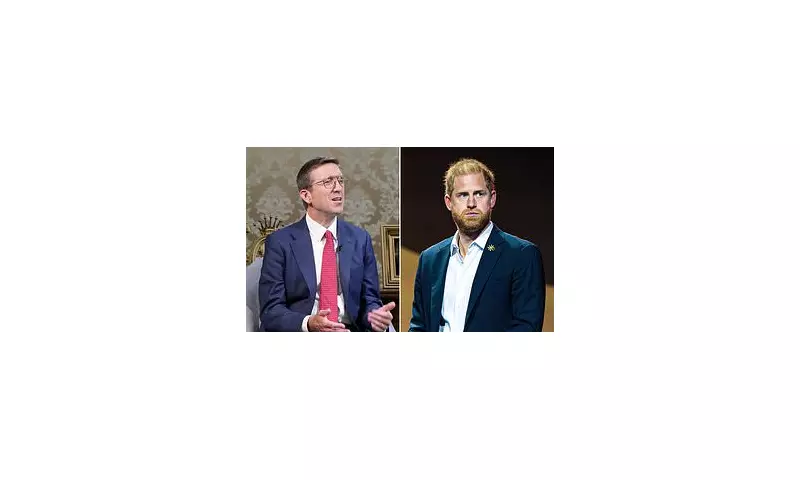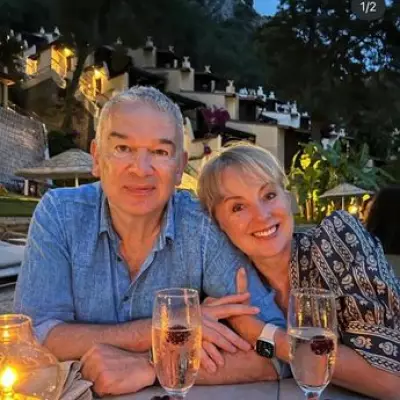
Behind the gilded gates of Buckingham Palace, a quiet but firm operation is underway to protect one of Prince Harry's most cherished legacies from what insiders are now calling his and Meghan Markle's 'toxic brand'.
According to impeccable royal sources speaking to the Mail's esteemed Palace Confidential newsletter, senior aides are deeply concerned that the couple's increasingly controversial reputation is severely damaging the prestige and perception of the Invictus Games—the international sporting event for wounded servicemen and women founded by Harry himself in 2014.
The once-celebrated humanitarian project now finds itself caught in the crossfire of the Sussexes' ongoing disputes with the Royal Family. What was conceived as an apolitical, inspirational celebration of resilience and recovery is increasingly being viewed through the prism of the couple's personal grievances and commercial ventures.
Palace insiders reveal that a deliberate strategy is being implemented to 'distance and distinguish' the Games from Harry and Meghan's other activities. The objective is clear: to rebuild the event's reputation as a standalone charitable endeavour focused solely on its heroic participants, rather than as an extension of the Sussex brand.
This subtle but significant shift comes amid growing concerns that potential sponsors and supporters might be hesitant to associate with an event so closely tied to such polarising figures. The very success and funding of future Games may depend on this delicate separation.
'There's a real fear that the magic of Invictus is being tarnished,' one well-placed source confessed. 'The focus should be on the extraordinary competitors, not on the personal dramas of its founder. The mission is too important to be overshadowed.'
This development marks yet another poignant chapter in Harry's complex relationship with the institution he left behind. The Invictus Games represented his greatest triumph as a working royal—a tangible achievement born from his genuine connection to the military community. That this very legacy now requires protection from his own actions presents a profound irony that has not been lost on observers.
The Palace's manoeuvring suggests a new phase in the ongoing saga, moving beyond mere personal estrangement into the practical safeguarding of the monarchy's charitable assets. The future of the Games, it appears, depends on successfully untangling Harry's noble creation from his and Meghan's contentious present.





